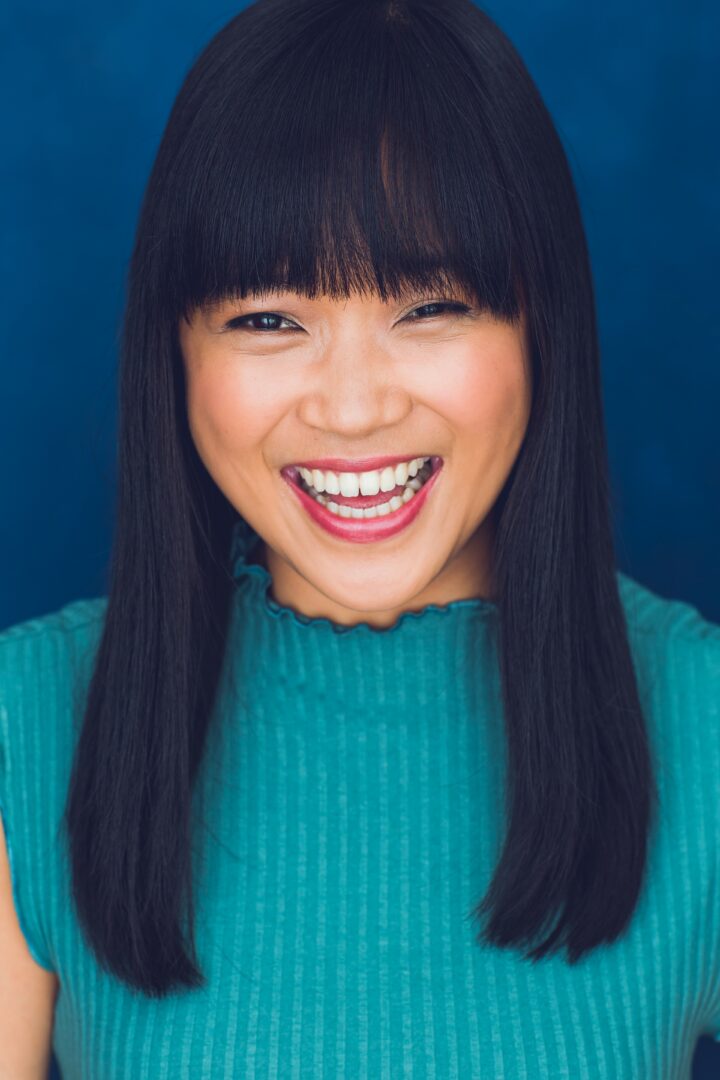We’re excited to introduce you to the always interesting and insightful Jaine Ye. We hope you’ll enjoy our conversation with Jaine below.
Hi Jaine , so excited to talk about all sorts of important topics with you today. The first one we want to jump into is about being the only one in the room – for some that’s being the only person of color or the only non-native English speaker or the only non-MBA, etc Can you talk to us about how you have managed to be successful even when you were the only one in the room that looked like you?
Being the only one in the room can feel extremely challenging, intimidating, and reinforce imposter syndrome. It is something that I’ve always had a complex relationship with. I am a transracial, transnational adoptee. I was born in South Korea, adopted as an infant to two white American parents from the midwest. I was raised in the PNW, and though not the only non-white person in my small town, there were definitely comments ranging from the shape of my eyes and nose to whether or not I knew how to speak Korean, to strangers genuinely telling me that my English was “very good”. But in spite of all that, most of the time I didn’t feel too different than my peers, or “othered”.
Until I became involved in acting.
Once I began frequenting castings and rehearsal/performance rooms, in college and eventually in NYC, I became much more aware of all the things that made me “different”, and all of the ways my ethnicity changed other people’s assumptions and expectations of me. (In college I was the only Asian actor in our production of “The King and I”; in NYC I auditioned for a lead in a major motion picture, and after stating that I didn’t speak Chinese, was told to “just try” for the slate.) I was no longer “good enough” as I was – an Asian-American, with heavy emphasis on the American part – because the majority of people I stepped in front of to audition for or to collaborate with, always needed to be the token young female east Asian girl.
And I always felt like I failed. Failed in the expectation that I should know automatically how to speak Korean, or naturally know how to do an authentic Chinese accent. Failed in not having extensive knowledge of any East Asian culture, having not grown up in it. Failed in my “type”: youthful, but instead of small and petite and waif-like, demure, soft, pale, I am tall, darker skinned (according to Asian beauty standards), and athletically built. Failed and un-castable because I do not easily fit into the easy copy-and-paste assumptions of what an young East Asian female “should” be.
But as I’ve grown as an actor in the industry and as a human personally, and been fortunate enough to work with people and in spaces that truly embrace curiosity and openness to their collaborators’ point of views, I have learned to not feel intimidated or apologetic for myself if I am not what people assume of me because of what I look like. I have learned to be proud of my unique story and upbringing, my rare background and lived experience, and advocate for myself and fellow adoptees. I have begun to realize, that being my authentic self, and expressing the experiences and viewpoints that come from my varied and diverse background, are the best roads to lead me to success. Not worrying about trying to fit into others’ expectations of me, if they do not align with who I am as a person and an artist. I have discovered that no matter the scale, instead of feeling shame or apologetic for being “different” or assuming that people want you to be xyz, that sometimes the best way to be effective and successful in rooms where you feel like you are the only one that looks like you, is to accept and embrace and find pride in the fact that you are the only one. Be confident that your viewpoints and offerings are valid, even if they are unexpected and surprising to those around you. Don’t be afraid to speak, to be part of the conversation – if you are coming from a place of honesty while also respecting those around you, conversations can expand and grow, opening up to more possibilities to be involved in work you are excited for and believe in.
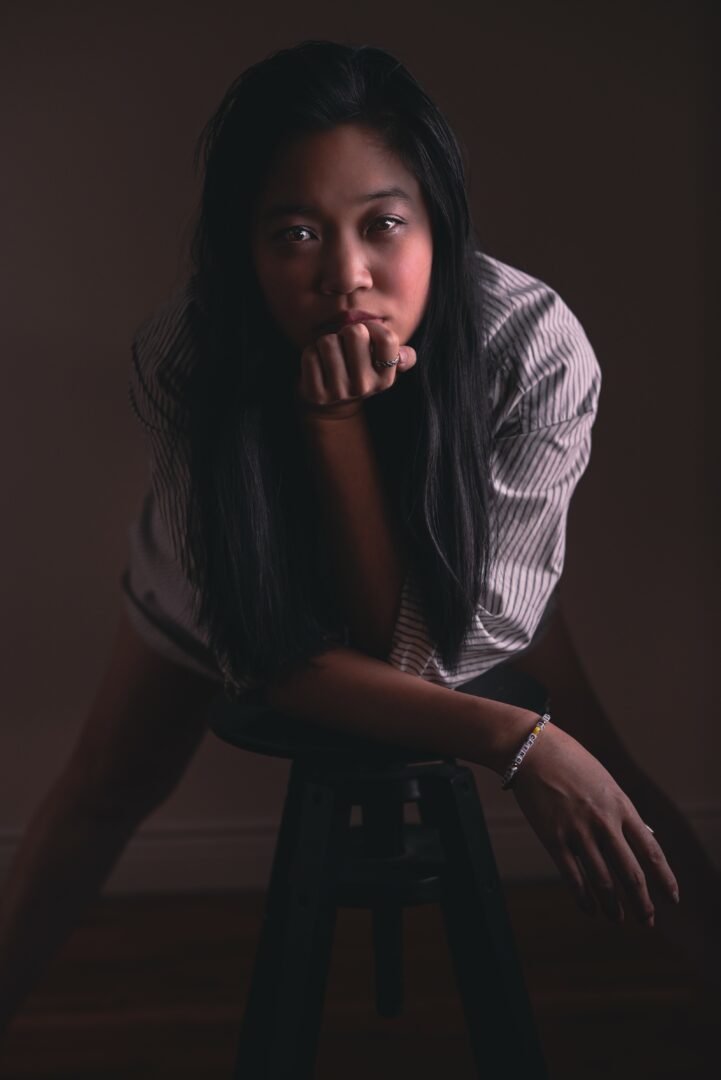
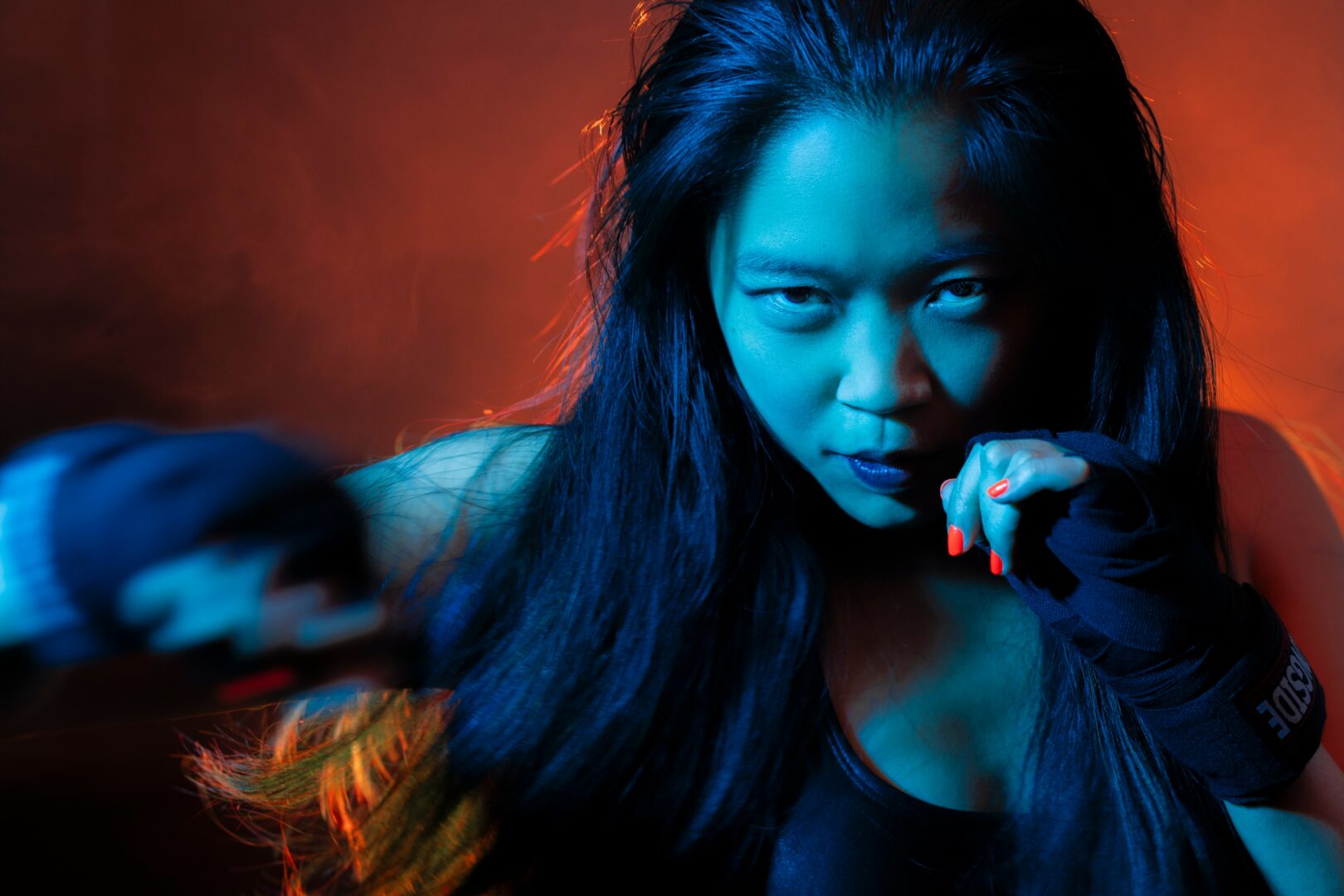
Appreciate the insights and wisdom. Before we dig deeper and ask you about the skills that matter and more, maybe you can tell our readers about yourself?
I am an actor, screenwriter, and stunt fighter. Storytelling has always been a huge part of my life. Before I was an actor/performer, writing was what I naturally leaned into. I was extremely shy and quiet as a child, and you would never catch me volunteering to do anything that would make me the center of attention. Definitely not performing, I was terrified of class presentations (though I loved doing the work that went into them, but would pretend to be sick the day of the presentation to avoid having to speak in front of the class), hated being called on in class (when I was, I would get super flushed, tear up, and wouldn’t be able to speak), did gymnastics but never tried out for the competition teams because I didn’t want to have to compete in front of people, etc. But writing was a safe place for me to fully express my thoughts and feelings in detail. It always felt natural. Even now as an adult, I feel I express myself so much more clearly in writing than I ever do while speaking. I loved creative writing, and wanted to be a novelist before I discovered acting.
In college, I wasn’t planning on studying acting. I was going to be an English Lit major. But there was some sort of magic that happened when I took one of my first official acting classes. Even though it both excited me and scared me…probably scared me a little bit more at that time. I was still very green, very timid, inexperienced in how auditions worked. When it came time to audition for the acting program, I didn’t get in. I watched as most of my peers in my year moved on, into the acting concentration. There was disappointment, a definite feeling of failure, of not being as good or good enough, but I think I was most upset about feeling left behind. At that point, I could either give up and choose a different concentration or major, or wait another year and audition again.
And something in me – the love of theater and storytelling, maybe a little defiance and stubbornness, mixed with some hidden tenacity, and maybe even courage – enabled me to make the choice to work for another year, towards the theater major, staying involved in the theater department, making friends which built my confidence and when the time came audition again.
The second time, I got into the acting department. And though it was in the program of a liberal arts state school that no one knows of in NYC, I wouldn’t trade my time there for anything. It was extremely formative, I learned so much from my acting professors, discovered what I was capable of, and found whatever courage I had that could override my anxiety and fear of speaking up and putting myself out there. Suddenly the risk of failure wasn’t necessarily a bad thing, because it meant I was doing something, taking action, trying, attempting something I cared about, and no matter the outcome, it would be something I could learn from and ultimately learn how to level up my abilities and experience. Vulnerability wasn’t a weakness, but a strength. And even in facing rejection, as long as I knew within myself that I was pursuing something I genuinely had a passion for, I would never regret it.
Fast forward to present day, and everything has sort of come full circle. I am an actor in theater and film, train in kickboxing, muay thai, dance, and fight stunt choreo, and am in the midst of producing an action short I wrote, and a dramatic feature film. Writing has opened doors to new creative possibilities. The industry does not always serve genuine diverse representation, and sometimes it feels like there are no projects or roles popping up that excite you on a personal and/or artistic level. Or characters are so repetitive that it begins to feel, dare I say, boring. So getting into screenwriting has helped me create stories and characters that I find invigorating, stimulating, and representing areas that are typically overlooked or ignored.
I am very excited (and kind of terrified) to be in the process of producing my first film, a short highlighting storytelling through fight choreography. It is my first attempt at getting something I wrote made. It is scary, I don’t know if it will ever not be scary. But hopefully delving into these new realms, I can do my best to advocate for diversity within the creative process, production, the types of stories told. With a special focus on Asian-American characters, with stories where ethnicity and racism are explored, but also stories where “Asian-ness” is not always the main conflict of the story; and also focusing on trying to create female characters who are complete human beings within their own right: complex, messy, fierce, funny, dangerous, angry, loving, strong, soft, courageous, scared, defiant, hopeful, and everything in between.
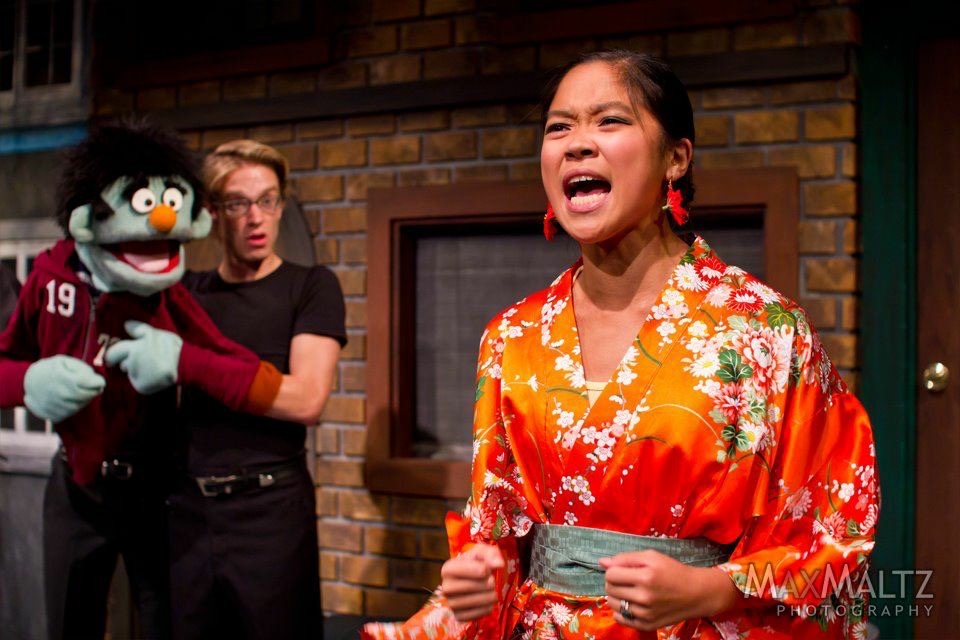
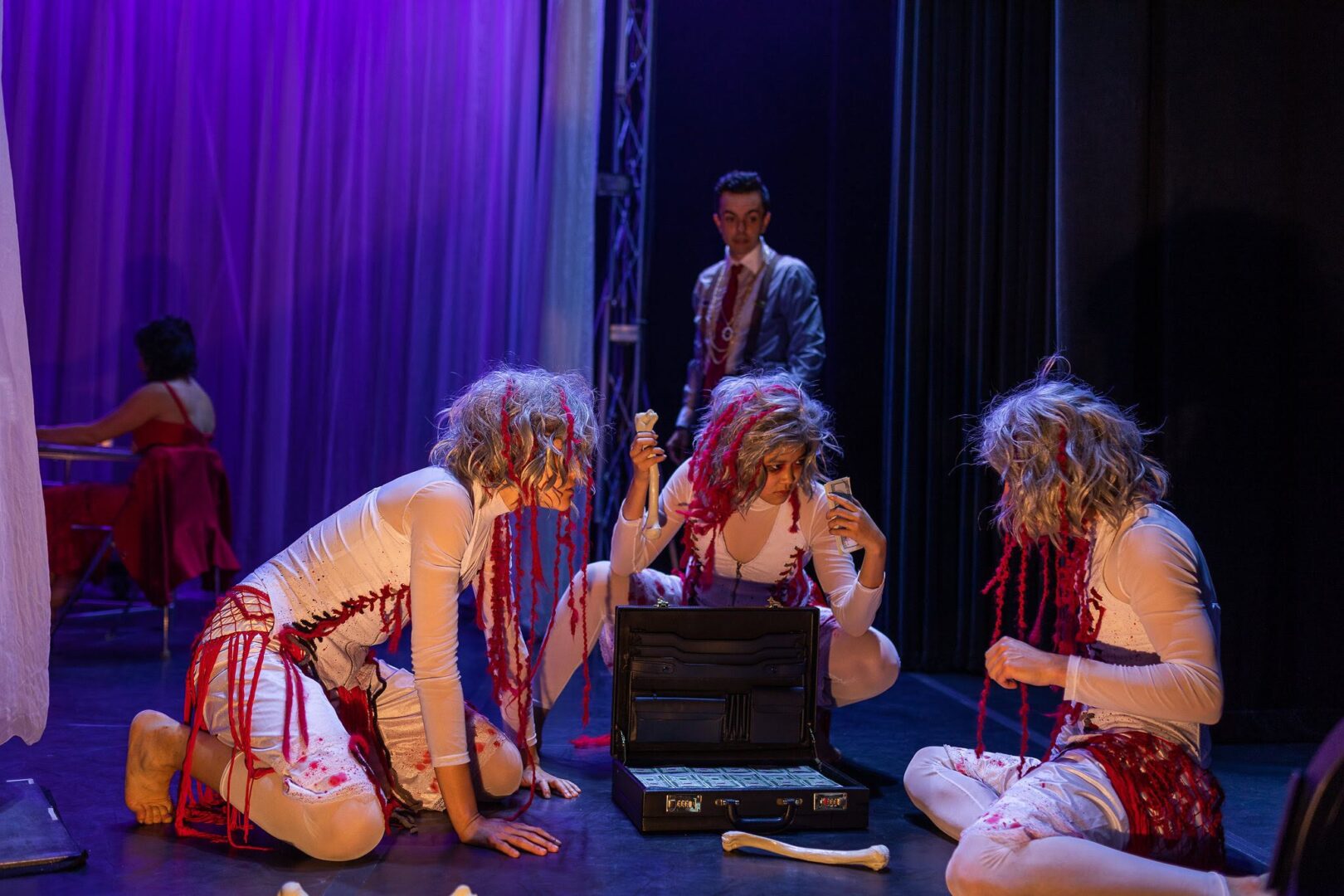
There is so much advice out there about all the different skills and qualities folks need to develop in order to succeed in today’s highly competitive environment and often it can feel overwhelming. So, if we had to break it down to just the three that matter most, which three skills or qualities would you focus on?
I would say I have always had a stubborn tenacity within me. I think that has helped me persist and endure past perceived failures or set backs. That doesn’t mean I haven’t been deeply discouraged, depressed, or heartbroken. But after navigating through the storms, being able to re-focus, and continue to pursue what is important to me.
Being open to learning and discovery is so SO important. I feel like it can be a hinderance if you always try to have the “right” answer or aim only for “perfection”. Those things, especially in the creative fields, can be so limiting. They are finite. There is an end point. It is important to have your own perspective and opinions, but I’m always learning and re-learning how essential it is to remain open to new things that may pop up, and unexpectedly break things open in a wonderful way that may never have happened if I believed there was only one way, one road map, one answer.
And failing. Welcoming failure. I know it’s said a lot, and it’s easier said than done. Because a lot of negative connotations come with the idea of failing. But if we learn to reframe the experience of failing, it can become productive and motivating. And failing means that you are taking action. Being active. Making moves. And no matter what, you will gain experience that can help you do better when you try again. You learn how to adapt, what choices may or may not be effective, if it’s worth the time and energy, what works for you and what doesn’t. If you play a really difficult level in a video game, and fail the first time. You try again. And maybe you fail again. But you begin to figure out techniques and choices that get you closer to succeeding, the more you play. And eventually, you might even win.
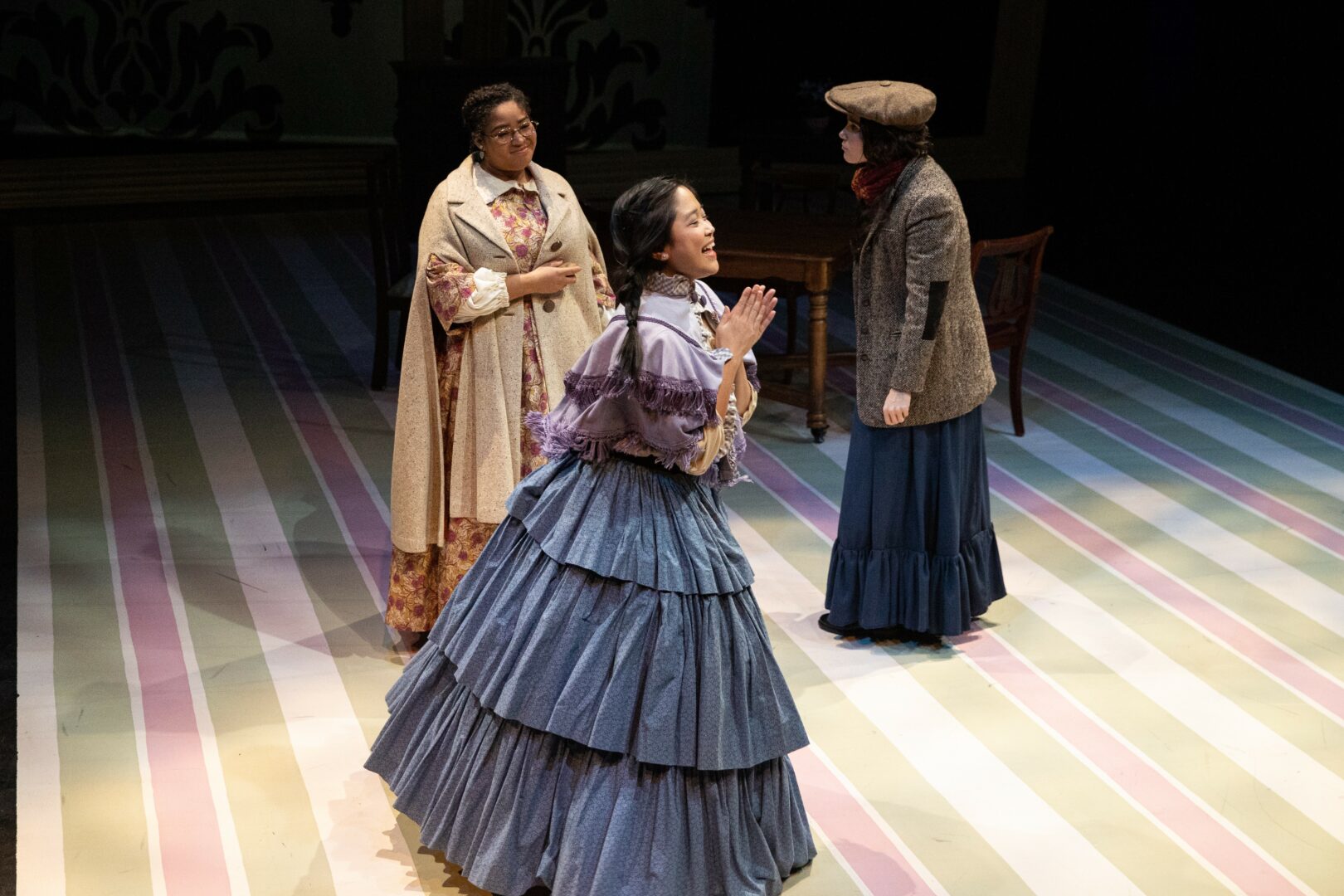
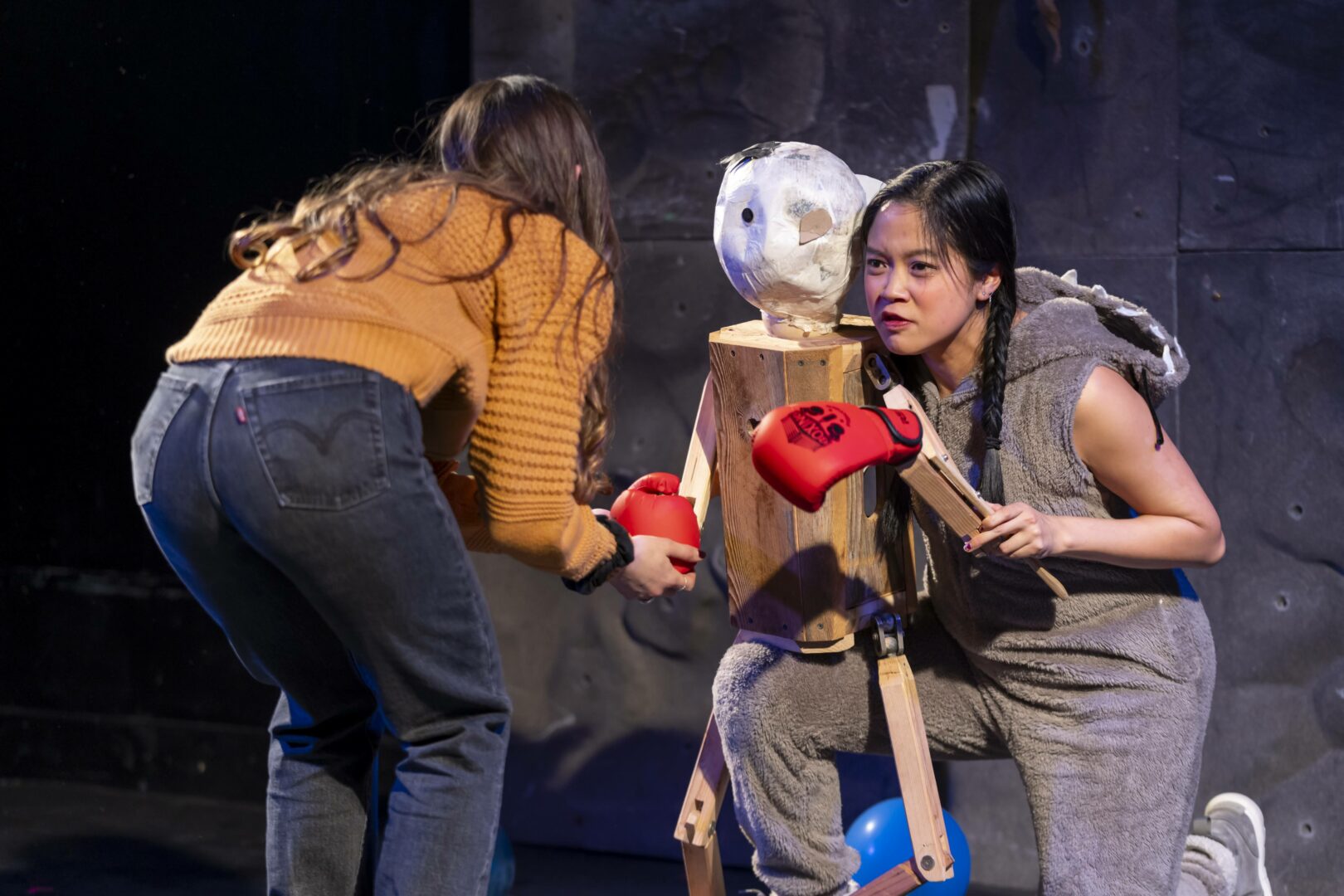
Awesome, really appreciate you opening up with us today and before we close maybe you can share a book recommendation with us. Has there been a book that’s been impactful in your growth and development?
A book that I have read/listened to (audiobook) in the past year, and have re-read/listened to multiple times since, is a book called “Be Water, My Friend” by Shannon Lee, the daughter of Bruce Lee. The book reflects on Bruce Lee’s philosophies not just as a martial artist and actor, but also a a husband, father, and individual. Through what she learned from her father’s life and practices, Shannon Lee delves into her own experiences – in her childhood, her career, the sudden and unexpected deaths of her father and brother – and tells us how she has learned to adapt, navigate through, and weather the storms of life. From successes, joys, to trauma and grief. To flow like water, and find ways around and through obstacles, so that we can keep going.
Within the past year, I’ve been dealing with my anxiety, panic attacks, and coming to terms with abuse I experienced during a relationship. A lot of discomfort, a lot of growing pains, a lot of fear. It felt like I was constantly running into barriers, into walls. It was extremely challenging for me to find positivity and joy in anything, and I would feel guilty for not being able to fully enjoy the positive happenings in my life.
But this book helps remind me that the challenges, even the most difficult ones, aren’t meant to be battered at or ignored. To acknowledge and accept their existence, is the most effective way we can begin to work and find a way through them – to “act alongside the fear”.
I have so many favorite quotes from this book. I personally have a hard time being patient with myself in different contexts, wanting things in work or life to happen quickly, afraid that if I don’t act on something immediately, I will miss my chance forever. But with this book (and with therapy), I’ve started to learn the value of patience, of taking time. And that it doesn’t mean one is being static. Shannon Lee quotes her father, in saying, “Patience is not passive…Patience is concentrated strength.” Being focused, intentional, deliberate, purposeful in our decision making, and not acting out of panic or fear.
A lot of the book is also about trying to find and maintain balance, yin and yang – not so much as opposites, but of things that compliment each other, and allow the other to exist. We cannot have light without dark. And in life, we cannot appreciate the wonderful things unless we also experience the hard things. And to live to our fullest, we need to find the courage to be able to acknowledge whatever may be happening, and take accountability for our part in it – to be an active participant in our own lives: “When you stop resisting life, even the hard parts of life, then you start to be a part of life. And life takes you under its wing and says to you, Look, This Is How We Live.”
Contact Info:
- Instagram: theplainjaine
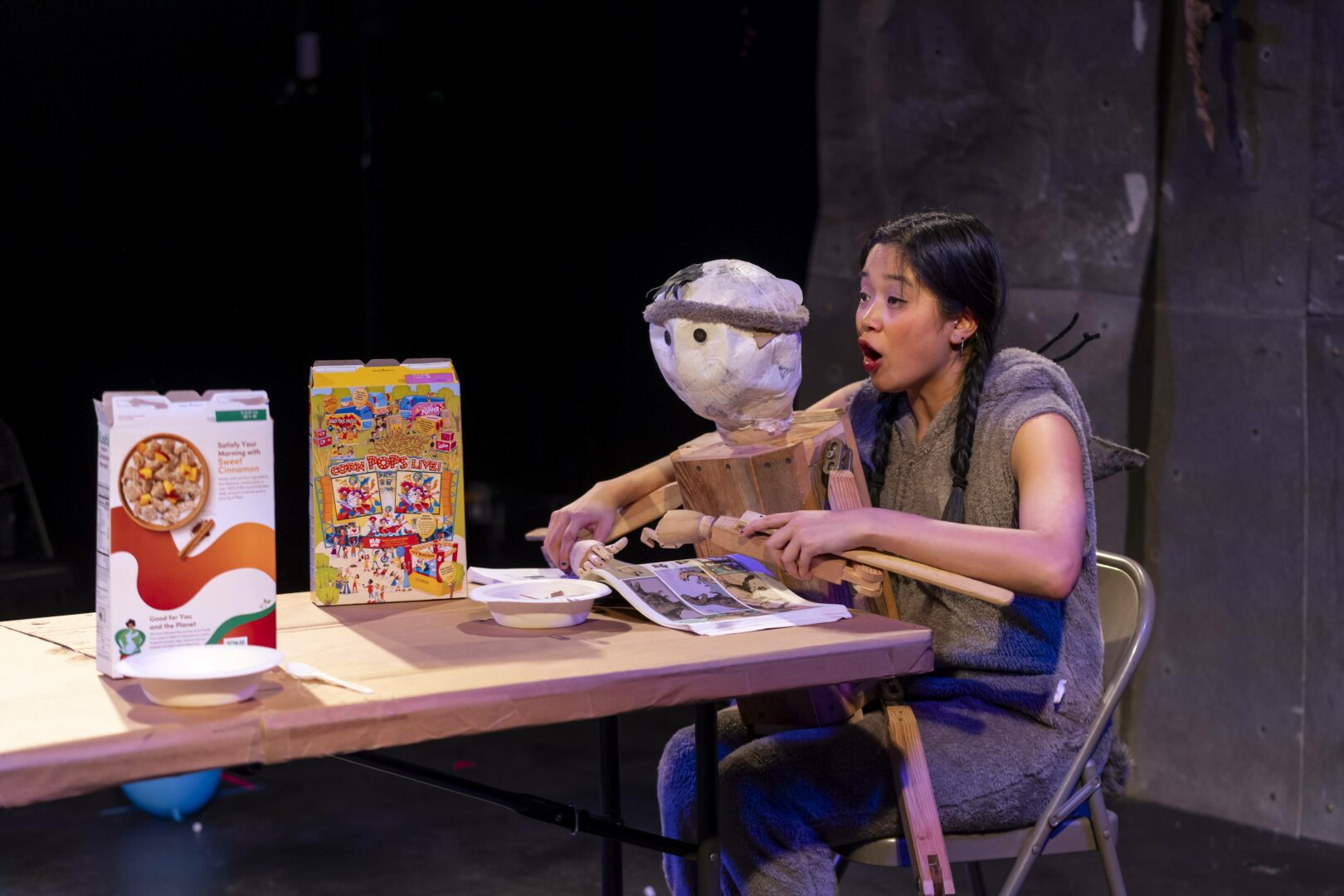
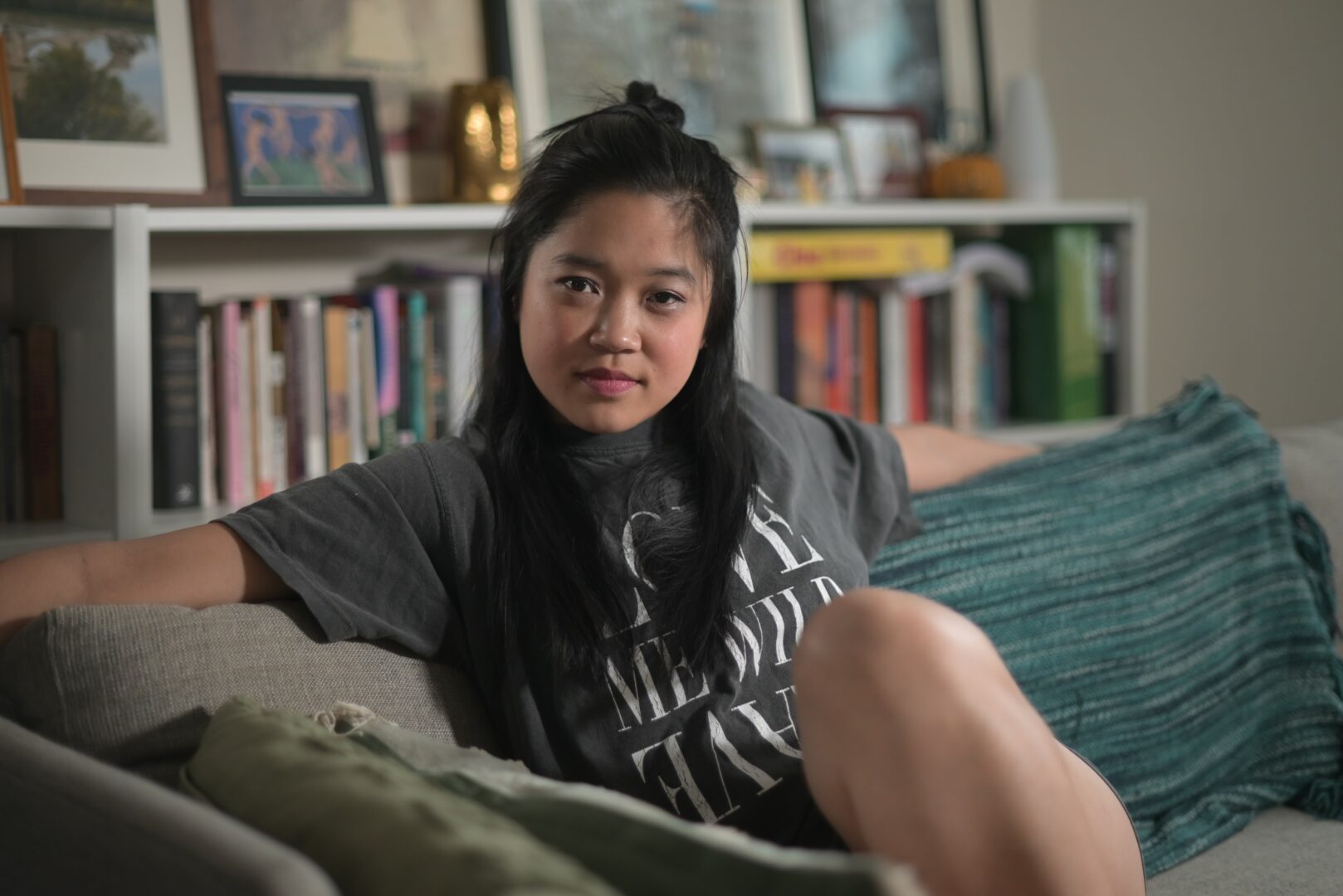
Image Credits
Benjamin Boucvalt
James O’Connor
Max Maltz
Oliver Guy
so if you or someone you know deserves recognition please let us know here.

